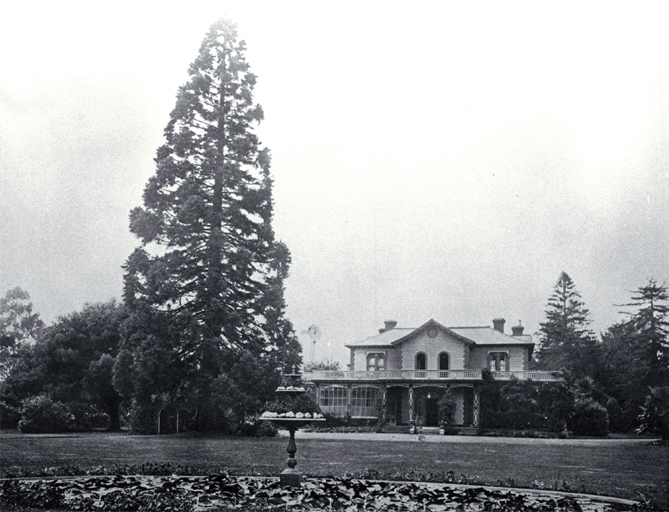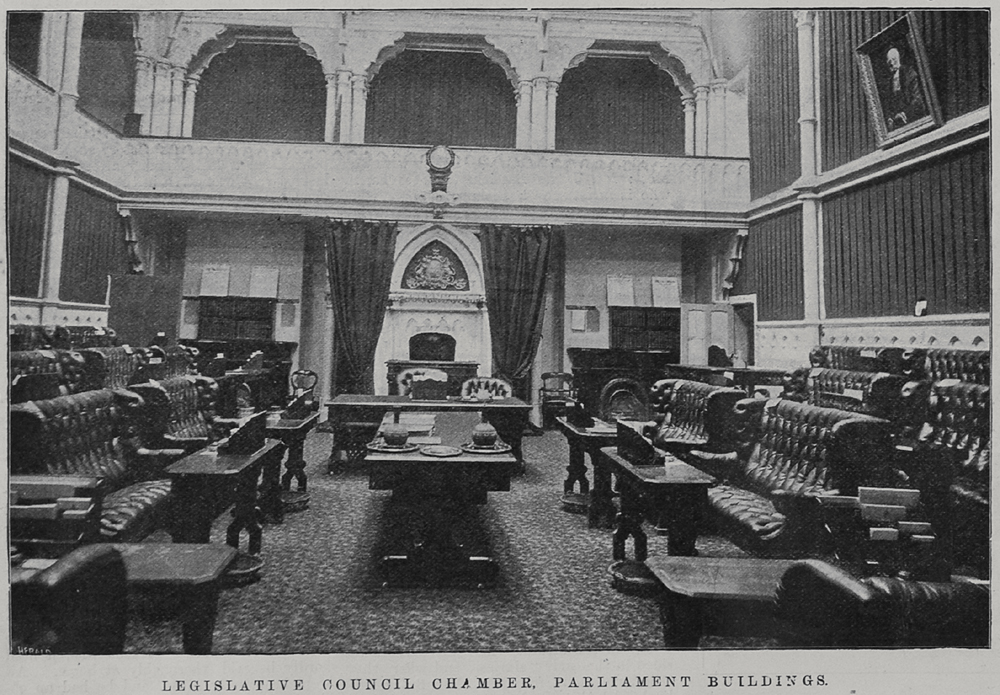|
1873 Lyttelton By-election
The by-election for Lyttelton in 1873 was a by-election held in the electorate during the 5th Parliament of New Zealand, on 19 May 1873. It was held because John Thomas Peacock was appointed to the New Zealand Legislative Council. Peacock's brother-in-law, Henry Richard Webb Henry Richard Webb JP FRMS (1829 – 11 February 1901) was a New Zealand businessman and politician. He represented Lyttelton in Parliament for 2½ years and was a supporter of education in his later years. Born in Australia, he came to Cant ..., won the election. Results References By-elections in New Zealand 1873 elections in New Zealand Politics of Christchurch 1870s in Christchurch History of Christchurch Lyttelton, New Zealand {{NewZealand-election-stub ... [...More Info...] [...Related Items...] OR: [Wikipedia] [Google] [Baidu] |
By-election
A by-election, also known as a special election in the United States and the Philippines, a bye-election in Ireland, a bypoll in India, or a Zimni election (Urdu: ضمنی انتخاب, supplementary election) in Pakistan, is an election used to fill an office that has become vacant between general elections. A vacancy may arise as a result of an incumbent dying or resigning, or when the incumbent becomes ineligible to continue in office (because of a recall, election or appointment to a prohibited dual mandate, criminal conviction, or failure to maintain a minimum attendance), or when an election is invalidated by voting irregularities. In some cases a vacancy may be filled without a by-election or the office may be left vacant. Origins The procedure for filling a vacant seat in the House of Commons of England was developed during the Reformation Parliament of the 16th century by Thomas Cromwell; previously a seat had remained empty upon the death of a member. Cromwell de ... [...More Info...] [...Related Items...] OR: [Wikipedia] [Google] [Baidu] |
5th Parliament Of New Zealand
The fifth New Zealand Parliament was a term of the New Zealand Parliament. Elections for this term were held in 68 European electorates between 14 January and 23 February 1871. Elections in the four Māori electorates were held on 1 and 15 January 1871. A total of 78 MPs were elected. Parliament was prorogued in December 1875. During the term of this Parliament, six Ministries were in power. Sessions The fifth Parliament opened on 14 August 1871, following the 1871 general election. It sat for five sessions, and was prorogued on 6 December 1875. Historical context Political parties had not been established yet; this only happened after the 1890 election. Anyone attempting to form an administration thus had to win support directly from individual MPs. This made first forming, and then retaining a government difficult and challenging. Ministries Since June 1869, the third Fox Ministry was in power, led by Premier William Fox. On 10 September 1872, the third Stafford Mini ... [...More Info...] [...Related Items...] OR: [Wikipedia] [Google] [Baidu] |
John Thomas Peacock
John Thomas Peacock MLC JP (1827 – 20 October 1905) was a New Zealand businessman, philanthropist and politician. He came to Canterbury in 1844, several years before organised settlement started. Early life Peacock was born in 1827 in the Hawkesbury district, New South Wales, Australia. He is the eldest son of John Jenkins Peacock (d. 1866) and his wife Maria Peacock (1804/05–1884). He attended Sydney College. The family arrived in Lyttelton in 1844. Settlement organised by the Canterbury Association started in December 1850, so the Peacocks were in the colony at an early stage. His father was a hard worker. It is said about him that "he could be seen at Lyttelton ... at 6 am on a frosty morning, knee deep in the water loading a boat with sacks of potatoes for shipment by his brig which lay at anchor some distance away." In August 1854, Peacock married Kate Hickman Peacock (née Mansfield, born ca 1835). They did not have any children, but adopted Janey, the ex-nup ... [...More Info...] [...Related Items...] OR: [Wikipedia] [Google] [Baidu] |
New Zealand Legislative Council
The New Zealand Legislative Council was the upper house of the General Assembly of New Zealand between 1853 and 1951. An earlier arrangement of legislative councils for the colony and provinces existed from 1841 when New Zealand became a colony; it was reconstituted as the upper house of a bicameral legislature when New Zealand became self-governing in 1852, which came into effect in the following year. Unlike the elected lower house, the House of Representatives, the Legislative Council was wholly appointed by the governor-general. The New Zealand Constitution Act 1852 had authorised the appointment of a minimum of ten councillors. Beginning in the 1890s, the membership of the upper house became controlled by government of the day. As a result, the Legislative Council possessed little influence. While intended as a revising chamber, in practice, debates and votes typically simply replicated those in the lower house. It was abolished by an Act of Parliament in 1950, with ... [...More Info...] [...Related Items...] OR: [Wikipedia] [Google] [Baidu] |
Henry Richard Webb
Henry Richard Webb JP FRMS (1829 – 11 February 1901) was a New Zealand businessman and politician. He represented Lyttelton in Parliament for 2½ years and was a supporter of education in his later years. Born in Australia, he came to Canterbury in 1868. Early life Australia Webb was born in Sydney in 1829. His parents had arrived there on the ship ''Eliza'' in the previous year. He was educated at Sydney College. From an early age, he worked in the office of a business. Later on, he headed the merchant firm of Messrs Ferguson, Webb and Co. In 1851, he visited Auckland. He was married to Ann Vaile by special licence on 27 October 1853, at St. Paul's Church, Auckland, New Zealand by the Rev. T. F. Lloyd, M.A. She was the second daughter of the architect George Vaile. She died on 21 December 1854 at 6 Victoria Terrace, Millers Point, New South Wales. Webb was two years younger than John Thomas Peacock, who attended the same Sydney college. His second marriage was to on ... [...More Info...] [...Related Items...] OR: [Wikipedia] [Google] [Baidu] |
By-elections In New Zealand
By-elections in New Zealand occur to fill vacant seats in the House of Representatives. The death, resignation, or expulsion of a sitting electorate MP can cause a by-election. (Note that list MPs do not have geographic districts for the purpose of provoking by-elections – if a list MP's seat becomes vacant, the next person on his or her party's list fills the position.) Historically, by-elections were often caused by general elections being declared void. Background Under thElectoral Act 1993 a by-election need not take place if a general election will occur within six months of an electorate seat becoming vacant, although confirmation by a resolution supported by at least 75% of MPs is required. In 1996 the general election date was brought forward slightly, to 12 October, to avoid a by-election after the resignation of Michael Laws. Twice, in 1943 and 1969, by-elections were avoided after the deaths in election years of Paraire Karaka Paikea and Ralph Hanan by passing spe ... [...More Info...] [...Related Items...] OR: [Wikipedia] [Google] [Baidu] |
1873 Elections In New Zealand
Events January–March * January 1 ** Japan adopts the Gregorian calendar. ** The California Penal Code goes into effect. * January 17 – American Indian Wars: Modoc War: First Battle of the Stronghold – Modoc Indians defeat the United States Army. * February 11 – The Spanish Cortes deposes King Amadeus I, and proclaims the First Spanish Republic. * February 12 ** Emilio Castelar, the former foreign minister, becomes prime minister of the new Spanish Republic. ** The Coinage Act of 1873 in the United States is signed into law by President Ulysses S. Grant; coming into effect on April 1, it ends bimetallism in the U.S., and places the country on the gold standard. * February 20 ** The University of California opens its first medical school in San Francisco. ** British naval officer John Moresby discovers the site of Port Moresby, and claims the land for Britain. * March 3 – Censorship: The United States Congress enacts the Comstock Law, making it ... [...More Info...] [...Related Items...] OR: [Wikipedia] [Google] [Baidu] |



